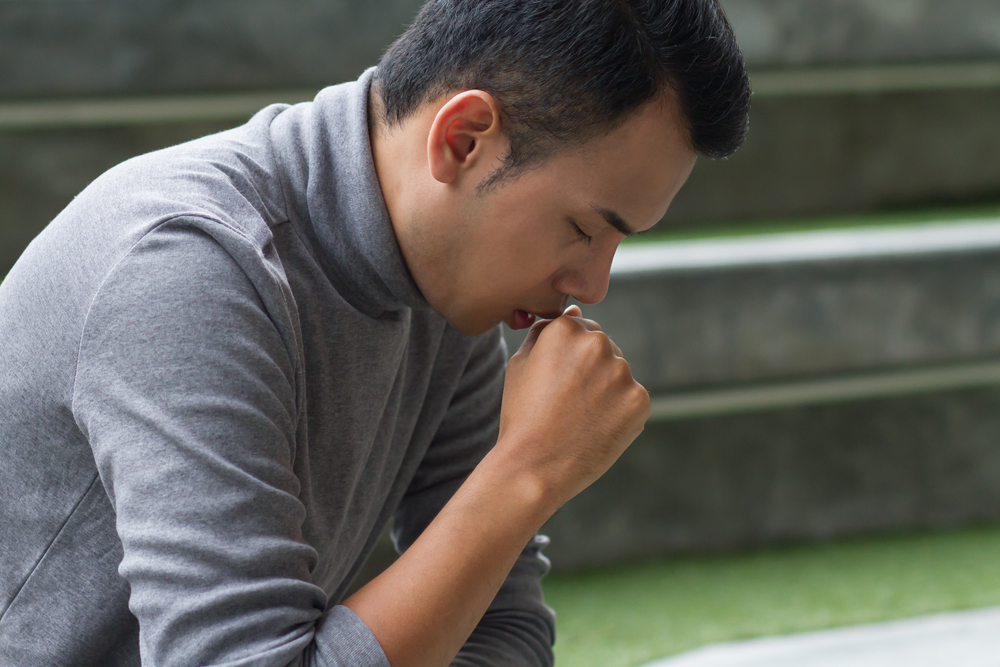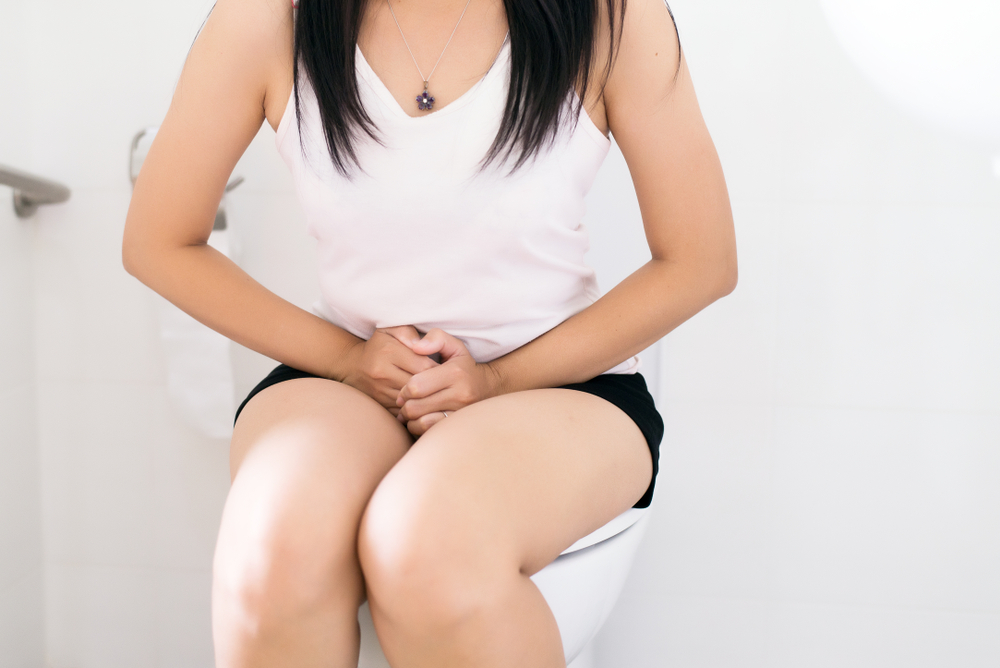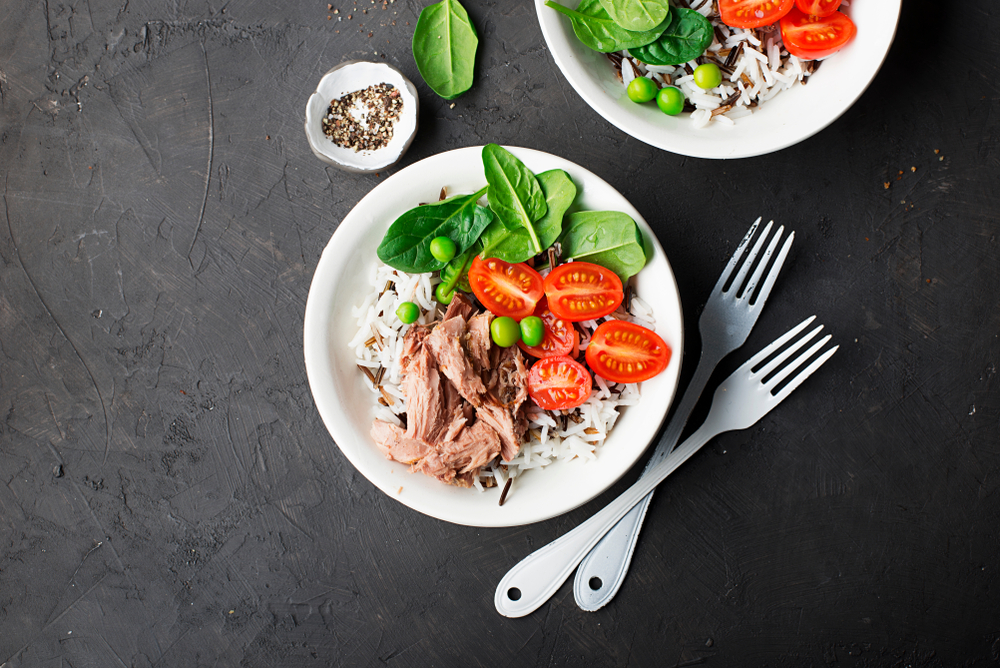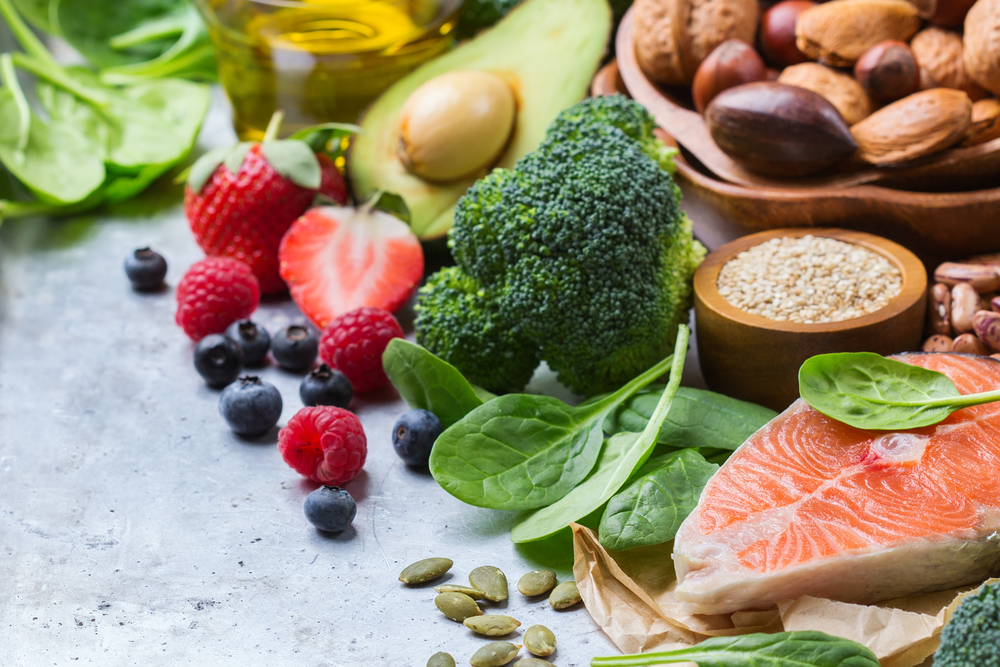Contents:
- Medical Video: How to Get Rid of Mucus in Lungs - Mucus In Throat Cure
- Where does phlegm come from?
- Swallowing saliva won't make you more sick
- Throwing phlegm carelessly risks spreading disease
- So, is it better to swallow phlegm or spit it out?
Medical Video: How to Get Rid of Mucus in Lungs - Mucus In Throat Cure
There are two types of people in this world: those who reflexively swallow phlegm after coughing and who choose to spit out phlegm because they believe that swallowing phlegm can make it more painful. However, actually saliva is better thrown away or just swallowed? Is it true that swallowing phlegm can endanger health? Check out the reviews here.
Where does phlegm come from?
Actually, you produce phlegm every day. Not only when I am sick. Phlegm itself is mucus produced by the respiratory tract to protect and support the work of the respiratory system.
When you are healthy, phlegm looks thinner, thinner, and clearer in color so you don't pay much attention to it. Conversely, phlegm will turn thickened and the color darkens when you are sick because the mucus traps inward foreign objects such as dust, allergens, and germs.
When you cough, the cells lining the respiratory tract will continue to push phlegm up the throat.
Swallowing saliva won't make you more sick
Swallowing phlegm won't make you more sick. Although the phlegm may contain germs that cause disease, but when ingested, the phlegm will also be digested as food by the stomach and the germs will die due to exposure to stomach acid.
So, is it better to just spit it out? Removing phlegm allows you to know your health condition so far by seeing the color. For example, the color of phlegm which is thick or greenish yellow indicates a bacterial or viral infection, while the reddish color means phlegm which may indicate bleeding infections such as tuberculosis or bronchitis to lung cancer.
If you continue to cough up phlegm with thick colors for more than 7 days, you should immediately see a doctor. Especially for heavy smokers or regular alcohol drinkers. Blood in phlegm can be a sign of a more serious problem and may need to be examined by a doctor immediately.
However, removing phlegm is not always good. Especially if you spit carelessly.
Throwing phlegm carelessly risks spreading disease
Spitting carelessly is not only dirty and unsightly, but also spreads disease.
According to health experts, germs in sputum that "land" on the surface generally can survive for 1-6 hours; some types of germs can even live on the streets for more than 24 hours. Most respiratory infections such as tuberculosis, pneumonia, and influenza (including bird flu, MERS, SARS, and swine flu) which are characterized by phlegm cough can spread through the air.
These germs can move from saliva on the road and into the nose, throat, and lungs of people around by air. That means people in the area where you spit out phlegm can risk contracting the same disease as you in about 24 hours.
So, is it better to swallow phlegm or spit it out?
In fact there are no clear benchmarks for assessing which actions are better. You may just swallow phlegm if you can't throw it away.
But if you want to spit out phlegm, make sure you know the right ethics of cough so as not to transmit the disease. Here is a good and correct coughing procedure.
- Immediately when you want to cough and throw away phlegm, take a tissue to cover your mouth and nose.
- Spit phlegm in a tissue and immediately throw used tissue into the trash can.
- Wash hands with soap and running water.












